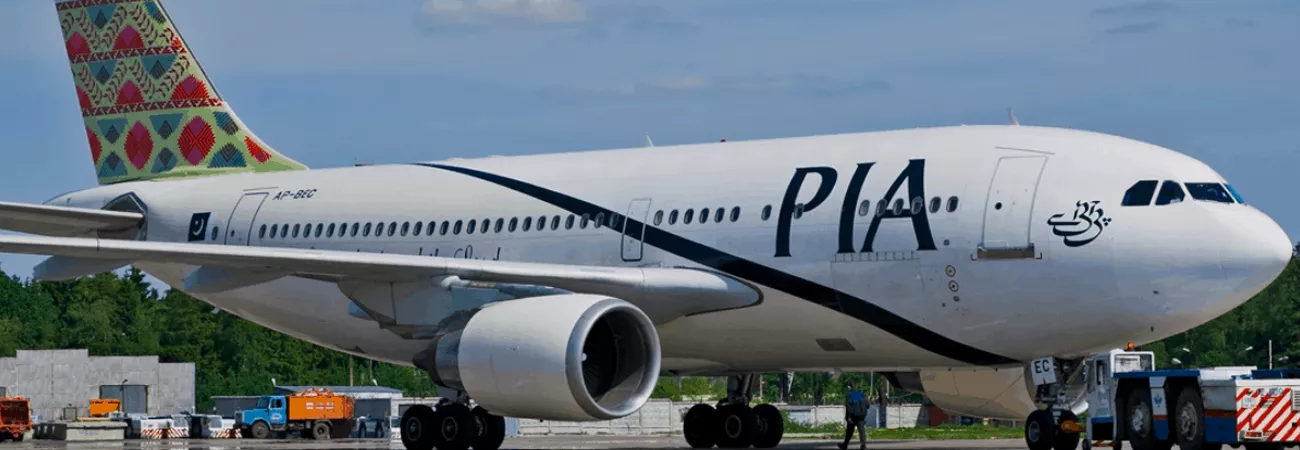i NEWS PAKISTAN
The International Monetary Fund has advised the government to take compact measures to reduce the deficit of billions of rupees which the government-owned entity Pakistan International Airline is suffering, it surfaced on Monday. The global lender has suggested to the Government of Pakistan to chalk out a solid plan to turn the state-owned entity into a profit-making concern by reducing its deficit. According to sources in the PIA, the IMF team proposed to increase the income of the national flag carrier in order to improve its financial health.
They said that the PIA’s total financial deficit has exceeded Rs400 billion. The IMF mission led by Nathan Porter is currently in Pakistan and his holding talks with the government. The talks began on January 31 with the Pakistan side headed by Finance Minister Ishaq Dar for the ninth review of the $7 billion bailout package.
The cash-strapped Pakistan is seeking an IMF lifeline to save the nation from economic collapse. After the first round of technical talks between the IMF team and the Pakistani government concluded on Friday, Prime Minister Shehbaz Sharif observed that the lender was imposing conditions that were ‘beyond our wildest dreams’. He said the IMF delegation was giving Finance Minister Ishaq Dar a tough time. “Our economic challenges at this moment are unimaginable. The conditions we have to fulfil are beyond our imagination.” However, he acknowledged that the country had no choice.
During its technical level talks, the IMF mission chief demanded clear action to bridge the daunting fiscal gap between 2 to 2.5 trillion rupees. The lender has set several conditions for resuming the bailout, including an increase in power tariff, restoration of unrestricted imports and raising the petroleum development levy on diesel.
The IMF views the poor performance of the power sector, whose circular debt has reached Rs2.9 trillion, as a major threat to the economy. The IMF’s demand to discontinue the exemption for “lifeline electricity consumers”, i.e. those consuming under 300 units, can be a widely unpopular decision as almost 88 per cent of the country’s power consumers fall under this category. The two sides have almost completed the technical-level talks in the first round which will be followed by the policy-level negotiations to be completed by February 9.
The IMF after a successful ninth review would provide over USD 1.1 billion and the gesture would open venues for bilateral loans from different friendly countries and multilateral institutions. Pakistan had secured a $6 billion IMF bailout in 2019, which was topped up with another $1 billion last year.
Credit : Independent News Pakistan-INP









